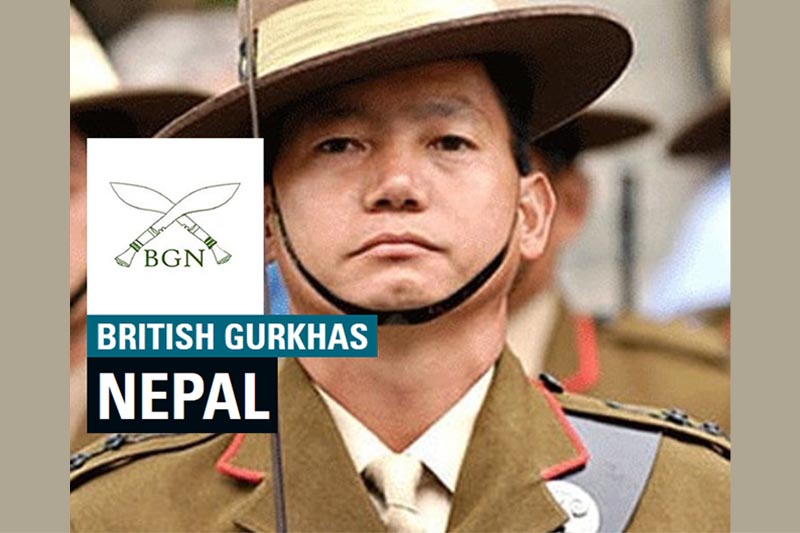Ex-Gurkha chronicles sacrifices and valour of fellow soldiers on foreign soil
Kathmandu, August 26
Tim I Gurung, a Hong Kong-based former British Gurkha soldier, has finished writing the manuscript of his book on Gurkha soldiers that depicts sacrifices and valour of Gurkha soldiers.
Gurung, who has devoted two full years writing the book, said he would launch his book next year which would basically deal with the introductory chapters and chapters related to political, diplomatic and social implications of Gurkha recruitment.
Gurung has visited six countries, including the United Kingdom, Australia, Myanmar, Malaysia and Singapore to gather facts about Gurkha soldiers. Gurung told THT that his book would be different from other books written by western writers who presented facts from western point of view. He said he interacted with Gurkha communities settled in countries where Gurkha soldiers had served and he also visited cemeteries where the fallen Gurkha soldiers were laid to rest. He said Gurkha communities in foreign countries particularly in Myanmar and Thailand were able to protect their original Nepali culture but since they were in minorities in their countries, they were not in a position to influence legislative policies that could better protect their communities.
“Gurkhas in Myanmar and Thailand are in relatively better position than in other places because those countries view them the children of Nepal, the birth place of Lord Buddha,” he added.
He said Gurkha faced a tag of mercenaries which was wrong.
“Gurkhas are considered invincible soldiers and have helped popularise our country,” he said and added that Nepal was known as a country of three things — Mount Everest, Lord Budhha and Gurkhas.
He said the stories of valour of Gurkha soldiers were enough to scare their opponents in the war zone.
Gurung said British began recruiting Gurkha soldiers mainly because they were able to get the service of Gurkha soldiers on par with their European counterparts for far less salary their European counterparts received those days.
He said the mercenary charge against Gurkha soldiers was not right. “These days Gurkha soldiers win residency rights after serving in British Army for five years. How can they be called mercenaries?” he said.






